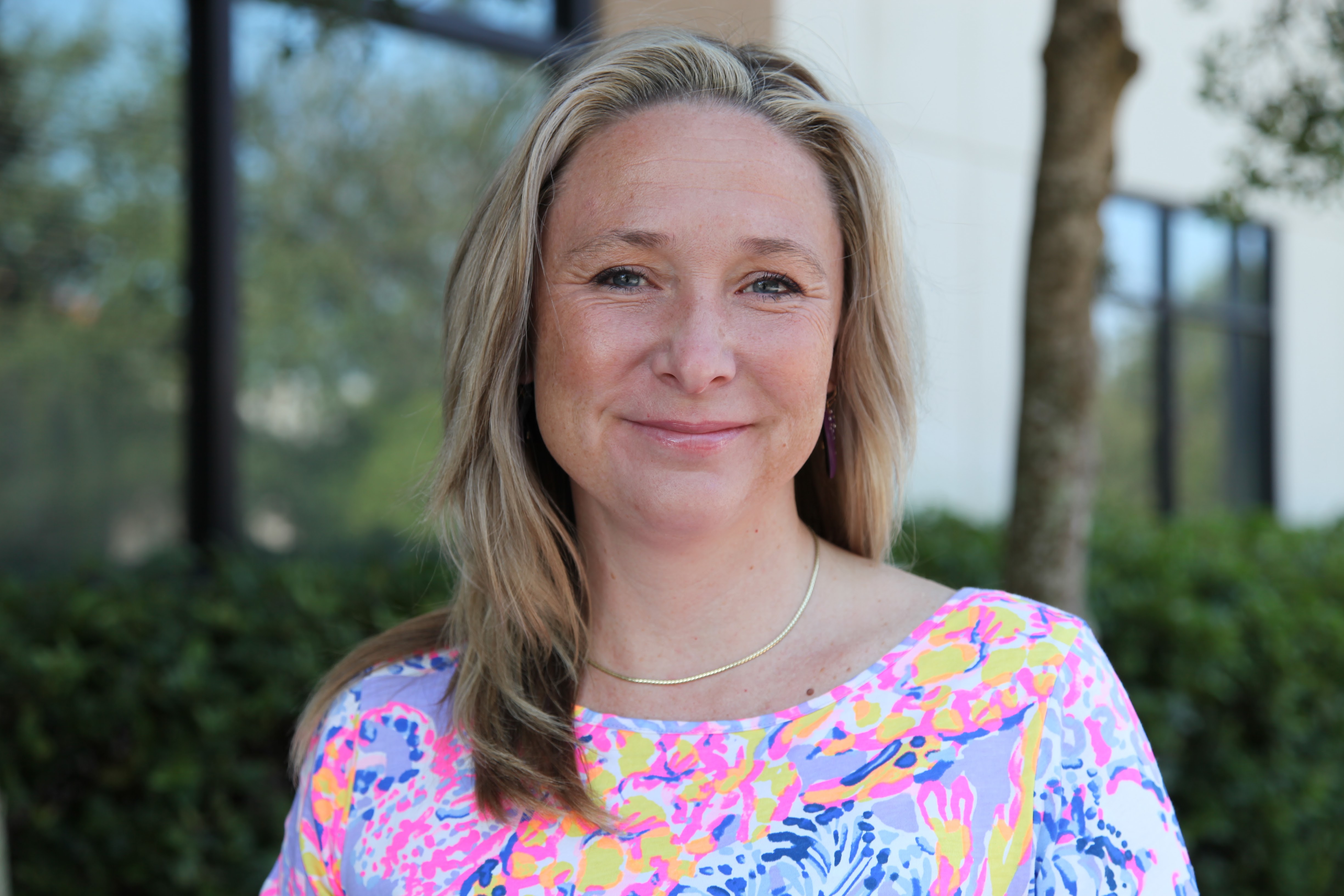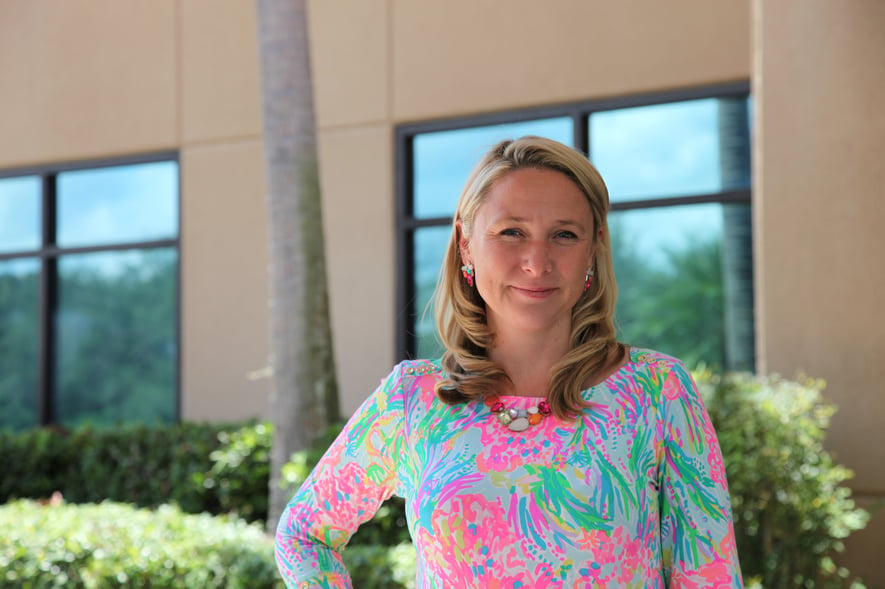Cooley Law School: It’s all about the real world


Attending law school gets to be like living in a vacuum, with little time allowed for anything beyond attending classes and studying. At Cooley Law School, however, faculty go to great lengths to make law school a broadening, inclusive experience. They feel strongly that immersion in the law must include immersion in the world, and understand how essential that experience is.
Stevie Swanson, a tenured professor and the auxiliary dean at the law school's Tampa Bay campus, joined Cooley in 2006. She believes every Cooley student can benefit from the on-campus exposure to the professors and the off-campus exposure to pro bono and other work - two of the things that make Cooley unique.
“At Cooley we have professors who actually practiced law and we bring our love for that practice into the classroom where we share our stories and experiences from real life,” said Swanson. “On the other side, we also have a requirement that each student complete a clinical or externship experience before graduation. This puts the student out in the real world, representing clients and interacting with licensed lawyers.”
Swanson knows all about the real world, as a practitioner and as an advocate. Her diverse expertise includes real estate development, Article 9 of the Uniform Commercial Code and issues concerning human trafficking. She has worked in a law firm as well as a non-profit providing pro bono legal services to other nonprofits and low-income communities. Swanson also served as a visiting clinical assistant professor/transactional attorney for the Urban Communities Clinic at her alma mater, the University of Michigan Law School. And she has published or contributed to books and papers on human trafficking and real estate law.
Swanson says her own personal commitment to community service was welcomed at Cooley and she actively spreads the giving with help from students.
“I am personally involved in the fight against human trafficking, so as an example, we will partner with a group home for human trafficking survivors to lend a hand,” Swanson explained. “We find out what they need and we take care of it. We might go onsite for a new home and help get it ready, or clean up and do yard work. Some students have also assisted through their externships to help individual survivors get their records expunged.”
Swanson doesn’t limit the options for her students. In her classes she will offer two, three or four different service projects throughout the term so everyone has a chance to do their part and reap the rewards.
“Cooley offers lots of opportunities for students to get involved in service projects that make you feel pretty good about yourself and build your resume,” said Swanson. “It’s also notable that many employers like to see that you are willing to give your time to better your community.”
Another critical element of a legal education is the need for students to access their professors and get the one-on-one attention they need to excel. Swanson said this availability is the rule, not the exception, and that it is a team effort by the entire faculty to do everything in their power to assist their students.
So what drives Cooley faculty to continually go above and beyond? Swanson said it’s really pretty simple: It’s because they’re happy!
“Cooley faculty are friends, we are collegial, and we share a genuine camaraderie. I have often heard people say this job is the best one they ever had,” said Swanson. “And I can say that happy professors make for happy students. We are committed to what we do, we love our work, we enjoy each other’s company, and we bring more to the classroom.”

